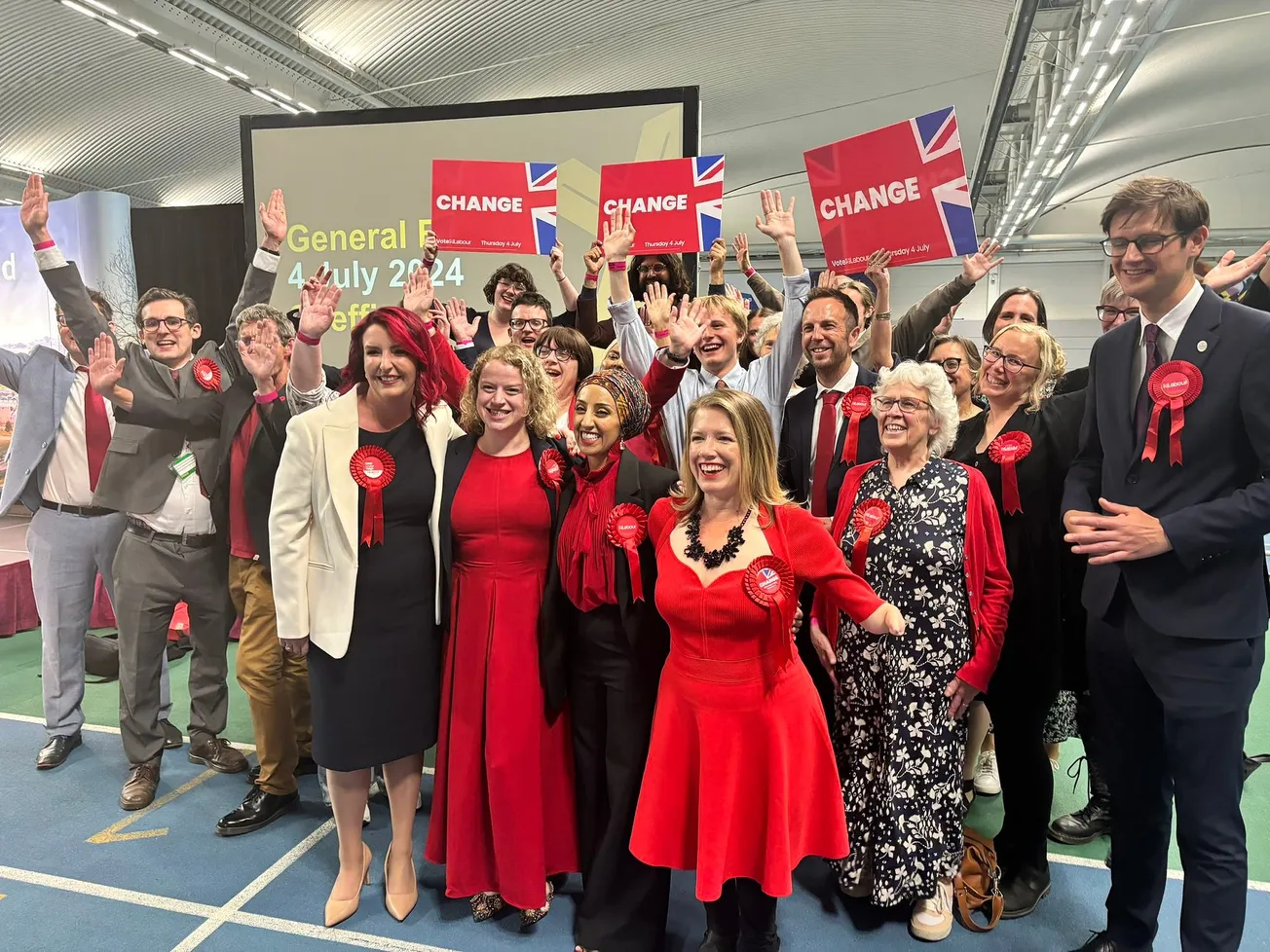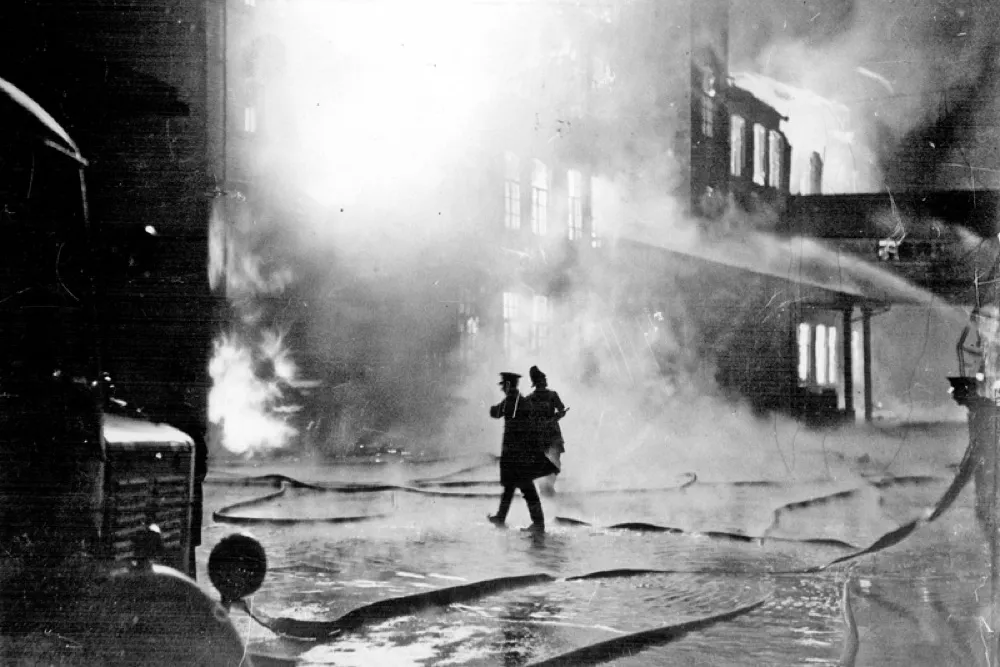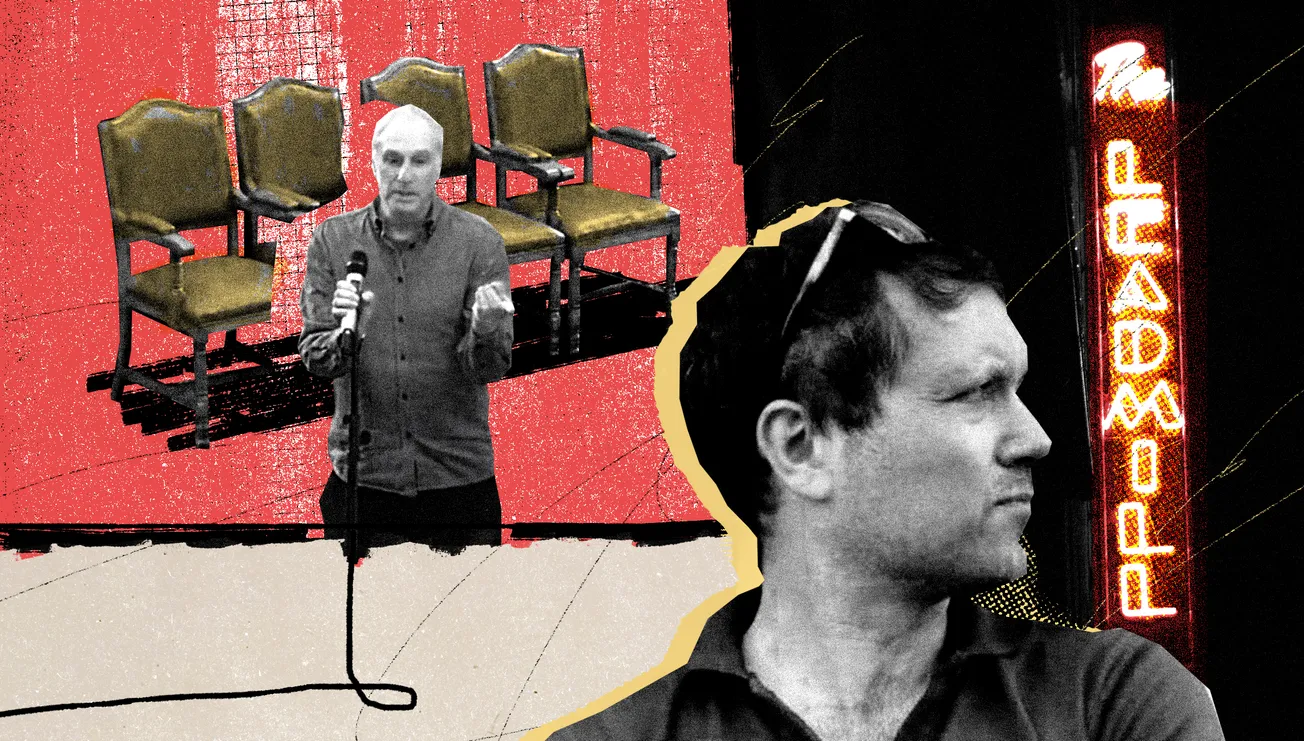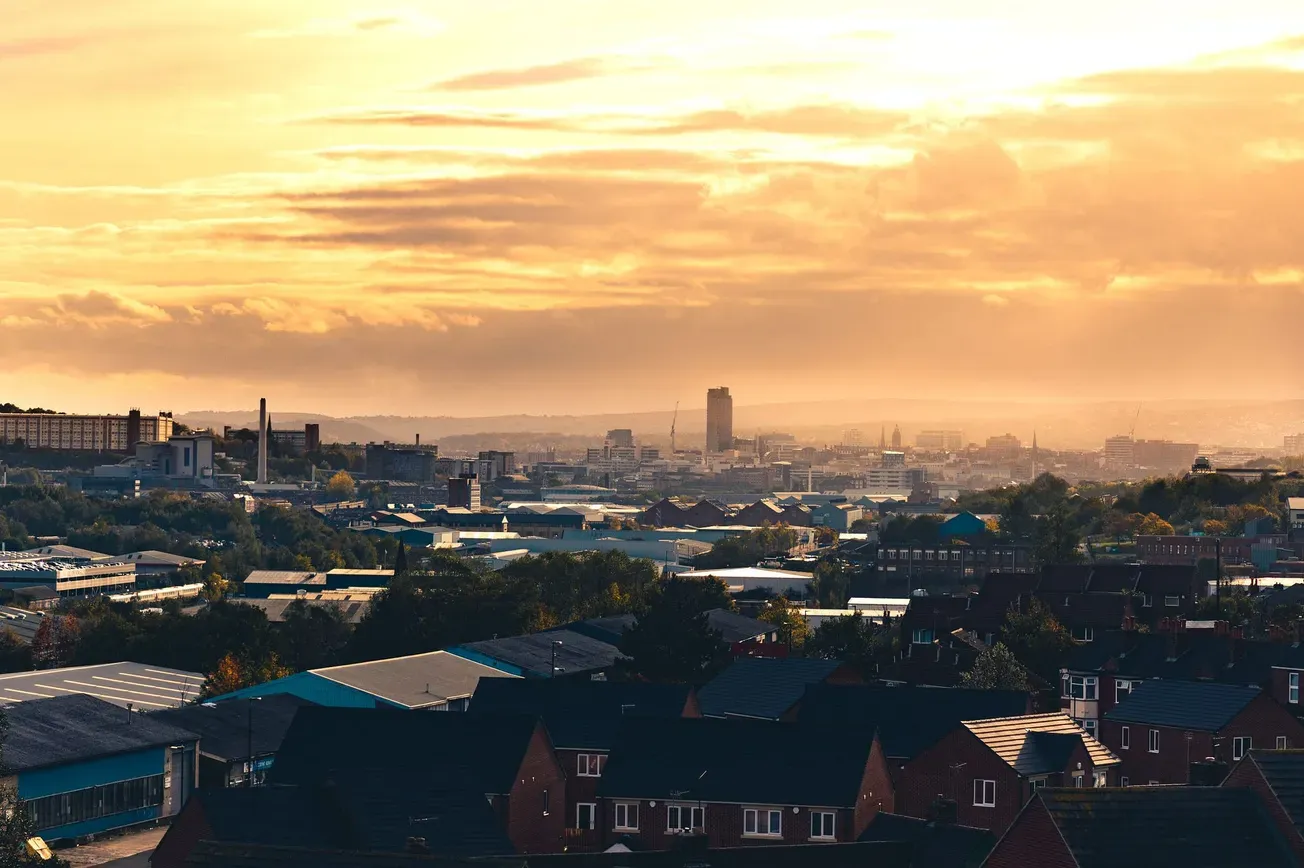Good afternoon. We’re elated — if incredibly sleep deprived — to bring you the definitive version of events from the front line of the elections. We deployed our crack team of writers, data journalists and rabble rousers to the election count at the English Institute of Sport in Attercliffe, the Lib Dem HQ at an industrial estate in Lowfield and the Trades and Labour Club behind Park Hill, where Labour’s biggest crowd was gathered — but where despite any number of pints being sunk, the mood was significantly more sedate than the last time Labour wrestled power from the Tories.
So: Whose incendiary remarks have been attributed to the media blowing things out of proportion? What firsts did the election bring with it? And why aren’t Labour’s most fervent supporters all that euphoric about the results? All this and more in our bombastic 2024 election coverage.
Editor’s note: Without readers who believe the Tribune isn’t just worth perusing, but paying for, this paper would not exist. If you find what we’re doing educational, helpful or entertaining, I hope you’ll consider upgrading to a paid subscription to access this article in full and support us in our mission to bring you thorough, nuanced reporting on this city.
Against the odds, the Greens come second in Sheffield Central
“People’s Republic of South Yorkshire, all red once again,” wrote Crookes and Crosspool Labour councillor Minesh Parekh on Twitter this morning. The image underneath his words shows a map of the county on which Sheffield, Rotherham, Barnsley and Doncaster have all been coloured a brilliant red. His elation is understandable. Five years ago the party ended up with its worst general election result since 1935, and lost a swathe of its so-called Red Wall seats to the Conservatives, including three in South Yorkshire. By the time all the results were in this time, they had taken all three back, and won a majority nationally of over 170 seats. The results were clearly a cause for celebration for Labour. But they also don’t tell the full story.
At eight o’clock the previous night I’m at the Lib Dems’ headquarters, on an industrial estate in Lowfield, to accompany them on their last two hours of door-knocking. I’m hoping to catch a behind-the-scenes glimpse of the frantic energy devoted to the final hours of the campaign. But where I’m expecting buzz, stress, energy, instead there’s only silence: the estate is deserted. A young man pops out of an office: he’s not heard about any such arrangement. A quick call to their other campaign office in Hallam reveals they know nothing about it either. I admit defeat, heading instead to the count.
At the English Institute of Sport Sheffield in Attercliffe, candidates are kept well away from the media until the declarations are made. As the exit poll drops at 10pm, giving Labour a predicted majority of 170, a loud shriek rings through the arena. But after that, the low hum of nervous chatter resumes. Labour candidates and their supporters have supposedly been forsworn against talking to the media until all the results are in, and it appears they are sticking to it. No smiles or soft openings would erode their resolve: they are staying schtum.

More chatty are Alistair Tice and Mick Suter from the Trade Union and Socialist Coalition. “We won’t save our deposits,” laughs Tice when I ask how many votes they are hoping to get (candidates have to pay a £500 deposit to stand, which they get back if they secure 5% of the vote). What do they want to do then? “To raise a socialist alternative to Keir Starmer’s pro-war, pro-austerity policies,” says Tice. “Working class people have voted Labour in the hope they are going to do something but when people don’t notice anything different, there will be disillusionment with Starmer. Labour has deserted working-class people.”
What would impress the proletariat then, I ask them. For a start, a 20% wealth tax to raise the £170bn to repair the NHS, social care and children’s services, his colleague Mick Suter tells me. “That is the sort of vision a real socialist would put forward to solve the problems of the last 20 years,” he says.
But, among the smaller parties, one of the most interesting subplots of the evening is the Greens, for reasons both good and bad.

Comments
Sign in or become a Sheffield Tribune member to leave comments. To add your photo, click here to create a profile on Gravatar.







